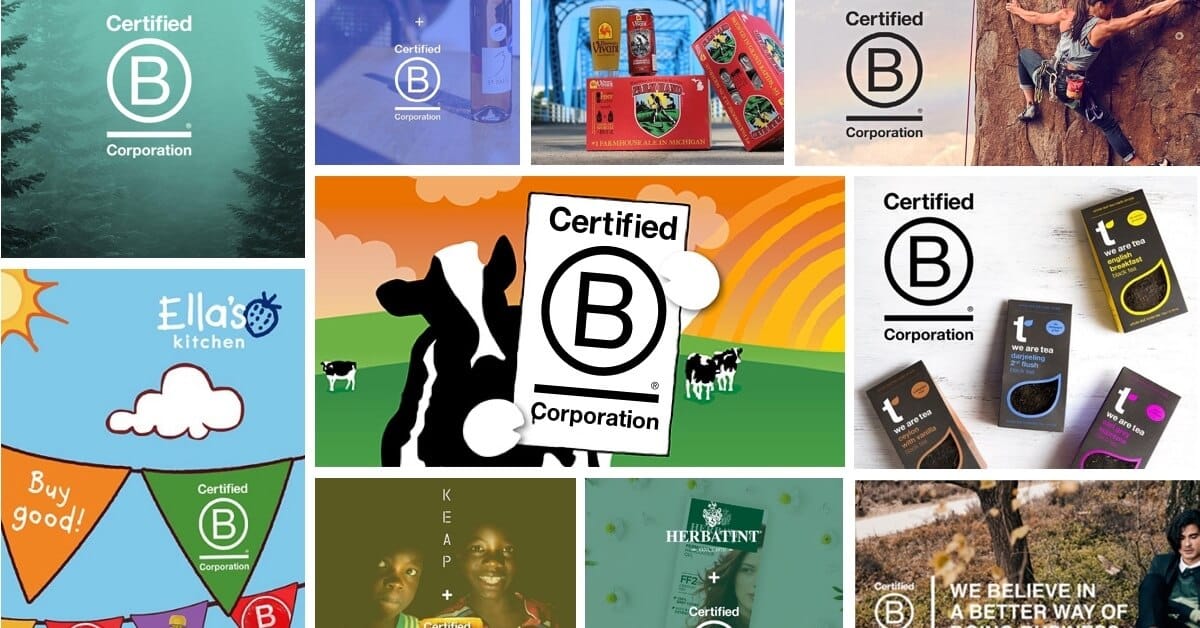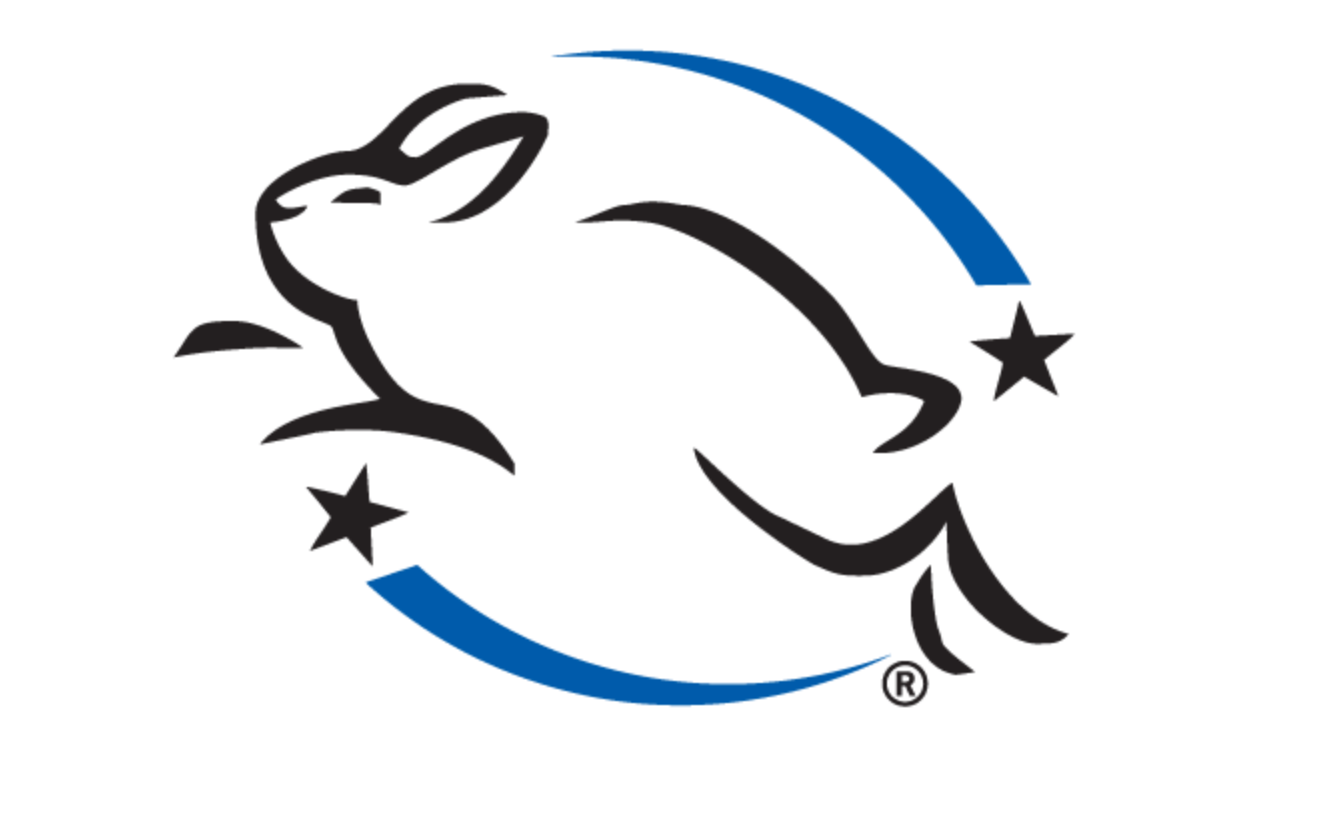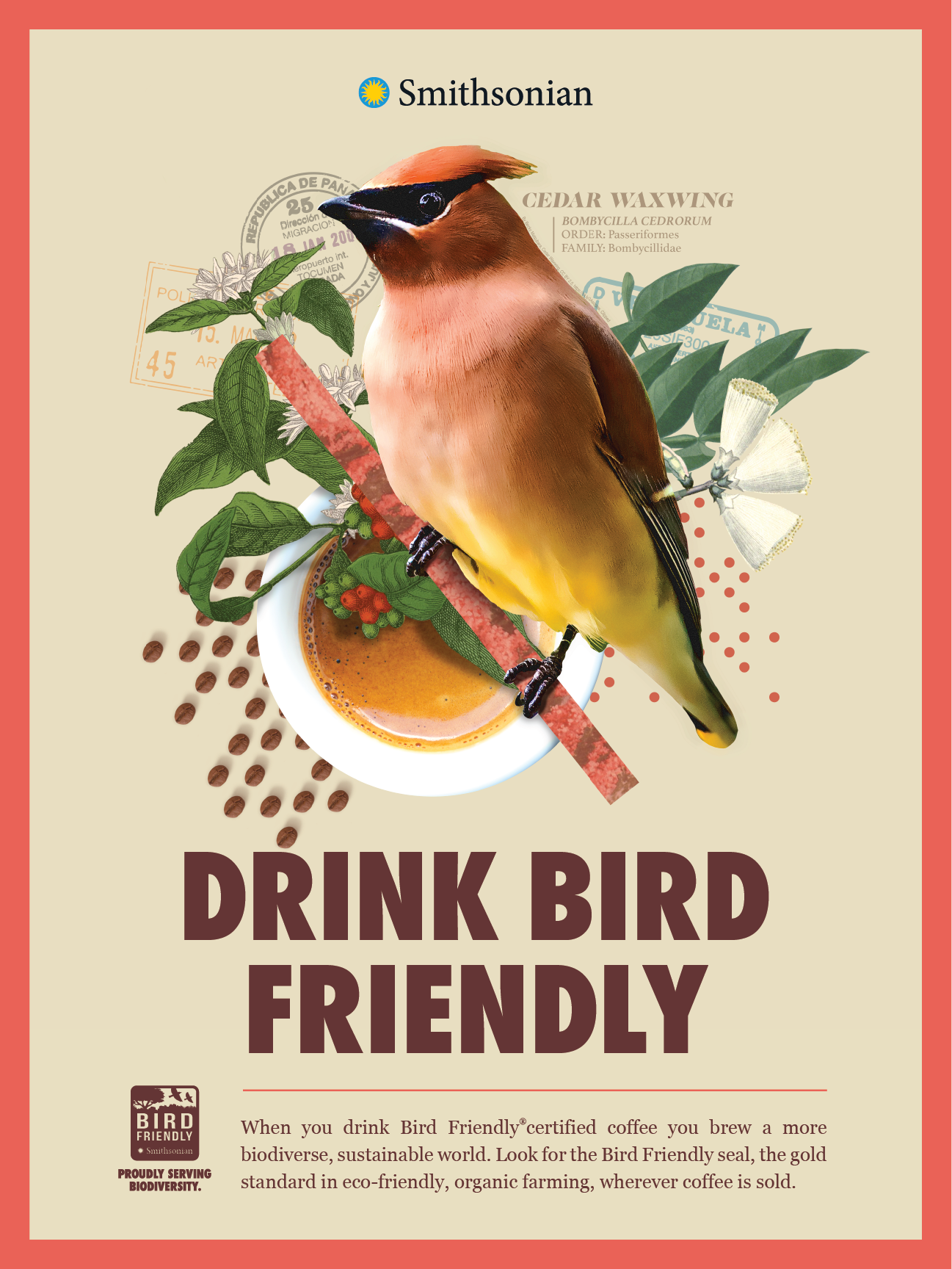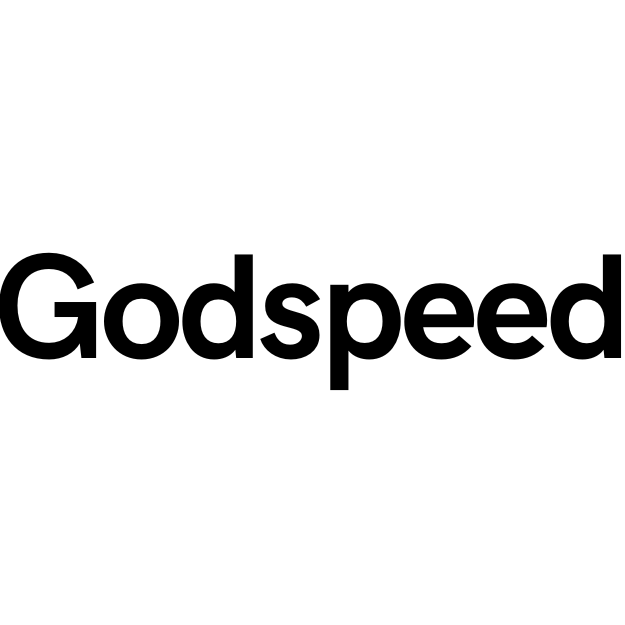Trust, but Verify

Trust, but verify.
It’s an old Russian proverb that leaped into the English lexicon when Ronald Reagan turned it into a catchphrase, and a marketing weapon, against the old Soviet Union back in the waning days of the Cold War.
Verification is at the heart of certifications – it’s what allows employers (think college diplomas), consumers (think organic), purchasing agents (think ISO), and many others to possess faith that what they are acquiring meets certain benchmarks.
It’s been crazy to watch the goulash of certifications simmer, boil, then overflow during the course of my business career, say the past 3+ decades. In the corporate world, as best I can tell, it began in 1987 with the robotic-sounding ISO 9000 (not much for branding, are they?), a series of standards developed by the International Organization for Standardization to assess whether companies met certain tolerances for customer requirements and regulatory standards.

So many certifications, so little time.
Our world of social and environmental impact started the certification journey around the same time in the canopy of a rain forest. Here's a quick rundown of the cascading certifications in the world of social and environmental impact:
- The Rainforest Alliance came to life in 1987.
- Multiple, independent national Fair Trade certifications began in the late '80s.
- The Forest Stewardship Council (FSC) for sustainable and responsible sourcing of wood and paper products formed its first growth ring in 1993.
- Leaping Bunny (my favorite certification logomark) for cruelty-free products hopped to life in 1996.
- Fair Trade International certification brought national Fairtrade organizations under one global umbrella. Note: Fair Trade America operates independently of the international organization.
- LEED building standards for environmental performance and design built its foundation in 1998.
- United States Department of Agriculture (USDA) Organic standards arrived in 2002.
- 1% for the Planet, which certifies business donations to environmental nonprofits, also began in 2002.
And so on.
And yes, there’s even an ISO for sustainability.
While that isn’t intended to be an all-inclusive list, you get the idea – the certification beast was growing. Most verifications were, and still are, what I’d call vertical – certifying a process, a product, or a practice of an organization – a slice of the whole.

My area of interest is corporate certifications – standards that gauge the overall social and environmental performance of a company. After all, if you have a great product, but the company behaves in shitty ways, what does that product matter?
The first horizontal (holistic) measure of a company’s overall environmental impact arrived in 2006 when the nonprofit B Lab launched the B Corporation certification. While B Corps remain the most intensive corporate certification process, others have entered the space – many with a bent toward small companies, ranging from the Green Business Benchmark to Benefit Corporations for Good, among others.
These days many of the models walking the certification runway are for carbon emissions. There are literally gazillions of certifications in this space; three I'm familiar with in the small business space are Aclymate, Change Climate Project, and Tradewater.
Certifications that are skin deep
So many certifications! So many varying standards and methodologies! It all presents a branding challenge in the minds of users – from product packaging that presents a thicket of multiple certification marks to understanding which standards really have teeth. In the latter realm, it’s important to note that standards like the Sustainable Forestry Initiative (not to be confused with FSC) are formed by industry groups, which leads to questions about self-interest and credibility (think about the potential for greenwashing).
The B Corp community hasn't been immune to this either. There's been significant ongoing controversy over the 2022 certification of Nespresso (owned by Nestle), which occasions questions over its environmental practices and alleged human rights violations in its supply chain.
Show me the money!
Like the Cuba Gooding Jr. character in the film Jerry Maguire, what you and I are really asking companies to do when they certify is to "Show me the money." In the movie, it was about respect and compensation. For us, it's about respect, honesty, and transparency. As the examples above illustrate, we still need to “trust, but verify,” even when a certification is in place. So, if you have questions about a company or product, don’t be afraid to do a little digging of your own, and if you find behavior or negative impact that's out of alignment with the certification, don’t hesitate to let the governing body know about it.
How do you feel about certifications?
Coming soon: A new verification for social enterprises that's piqued my interest.
Godspeed, friends.
Russ
💬 Quote of the Week
"Trust has to be the highest value in your company, and if it’s not, something bad is going to happen to you." Mark Benioff, founder and CEO, Salesforce
💥 Quick Hits
• Can climate change be worse than we thought, yet more affordable to solve? – Two economists do the math to make an ROI case for something that seems antithetical.
• The planet hits a positive climate milestone - Last year 30% of the world's electricity was generated by clean energy.
• How do you measure up? – Here's a handy guide to help you master the basics of social and environmental impact measurement for business.
Find the Most Meaningful Work of Your Career
Our partner One Work has you covered with meaningful work that goes beyond a paycheck, a cubicle, or a weekly team Zoom call. You'll find purposeful jobs like those below, along with many more at the One Work job board.
• Submittable - If it's time to submit to your desires for a career in impact, think about this opportunity at a platform for launching, managing, and reporting on social impact programs. Manager of Customer Success, Missoula, MT, or Bellevue, WA.
• Vital Farms - An eggcellent opportunity to help sell pasture-raised egg produced by small family farms at a company with a stakeholder governance model. Learning and Development Specialist, Digital Transformation, REMOTE.
• B Lab - Appropriate for an issue on verification, here's your chance to go inside the belly of the (B)east, the nonprofit organization that certifies B Corporations. Sustainability Learning Specialist, Philadelphia, PA, New York, NY, or Washington, DC.
Thanks for spending time with us – and making it all the way to newsletter's end. We'll see you next week.
